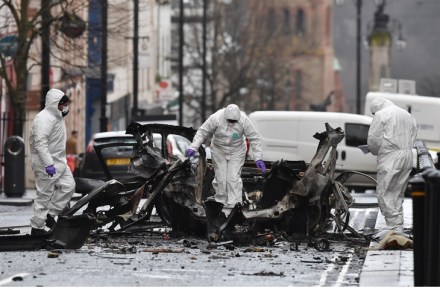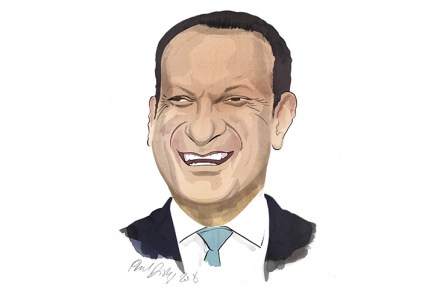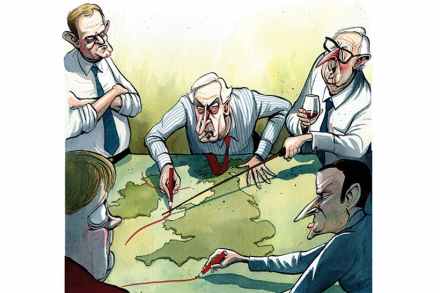Would the real St Patrick have appreciated the contemporary marketisation of his Saint’s day?
St Patrick’s Day, on 17 March, is now regarded as a prime opportunity for Irish politicians to travel abroad on a mission for ‘brand Ireland’. They fly off overseas, armed with the symbol of the shamrock, alerting their hosts to the shiny new liberal Ireland which is such a fabulous investment opportunity — and don’t forget the low corporation tax! Few national saints have the global reach of Patrick: it has been calculated that church bells ring out in 800 worldwide locations to celebrate the feast day of this Roman Briton who brought Christianity to Ireland in the early 5th century. Jewish bakeries in New York sell green bagels and




















